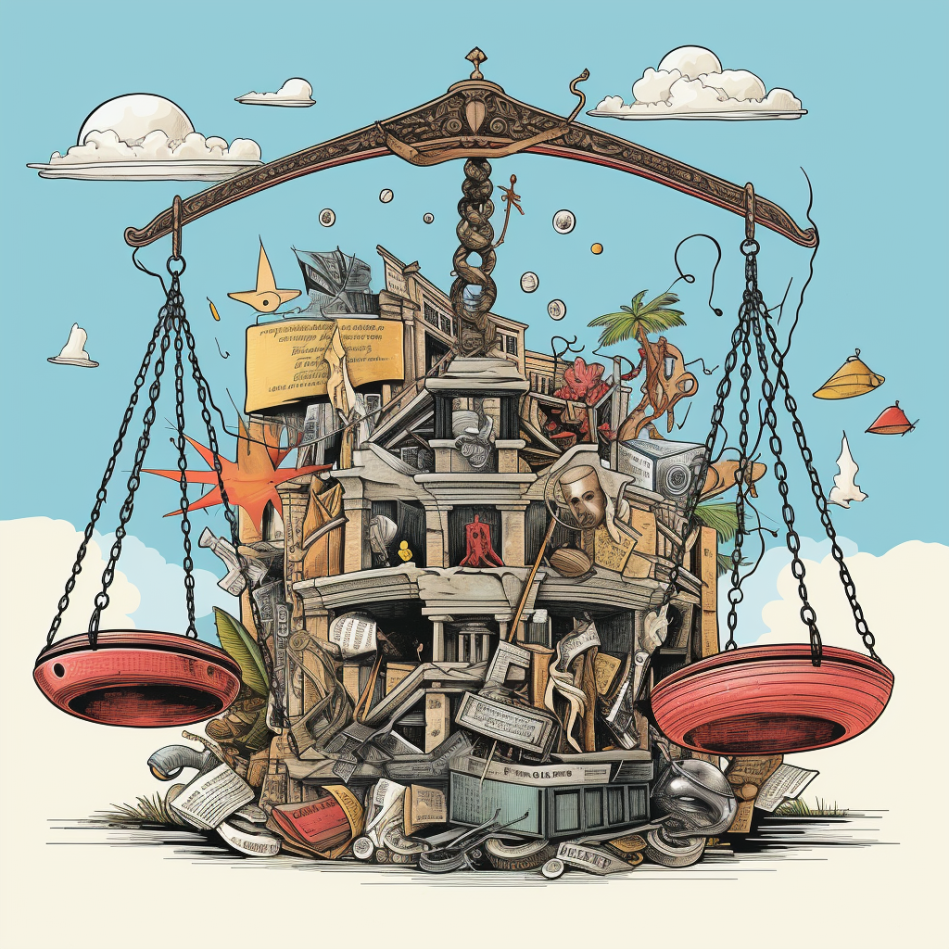Colonial Legacy in the Caribbean: Demands for Reparations from European Powers

A group of 15 Caribbean nations, part of the political and economic union Caricom, is escalating its call for reparations for the transatlantic slave trade, seeking $33 trillion from Britain, France, Spain, and Denmark. This figure has been calculated based on legal damages for the enslavement of 19 million people over four centuries and includes a demand for a formal apology from the European governments involved.
The largest portion of this sum is sought from Britain, the estimated debt standing at $19.6 trillion, followed by France with an owed sum of $6.5 trillion and Spain with $6.3 trillion. These figures were released by a USA consulting firm employed to assess the damages.
Verene Shepherd, a Jamaican professor of history and vice-chairwoman of Caricom's reparations commission, stated that while this figure still falls short of the true extent of the damage caused by the slave trade, it provides a basis to start negotiations. The main goal is to ensure recognition for the immense crime committed and the responsibility that lies with these nations.
However, initial efforts by Caricom, which established its reparations commission back in 2013, were met with little to no positive response from the reported target nations. Despite the initial setback, public support for the quest for reparations has reportedly grown stronger within the Caribbean community over the years. Shepherd stated, “we have won in terms of our public presentation and our advocacy”.
Although some have recommended pursuing these reparations through international courts, the current strategy for Caricom leaders is to focus first on negotiations. Shepherd revealed that a second set of letters to the European governments, although prepared, have not been sent out yet. Reiterating their approach, Shepherd said, “We are trying negotiations. We are trying lobbying, through the United Nations.”
However, the campaign calls for a "developmental approach". The reparations demands do not include cash payments to the descendants of the individuals subjected to slavery but emphasize on funding for health and education and cancellation of debt.
A parallel can be drawn from the situation after Britain abolished slavery in the 1830s when £20 million was paid in compensation to 46,000 former slaveholders. Advocates of Caribbean reparations strongly believe that if freedom, deemed as property then was subject to compensation, the slaves should have been compensated for the loss of their own freedom.
Peter Espeut, dean of a seminary college in Kingston and a columnist, is apprehensive about reparations being paid to Caribbean governments, expressing skepticism about the idea that reparations money will be put to the best use by the authorities. He argues that debt accumulation in Jamaica occurred post-independence and is, therefore, not necessarily a direct result of slavery or colonialism.
In the case that reparations are disbursed as development aid, European countries could argue they have been doing this for years. However, Espeut emphasizes that the owed money belongs to the descendants of former slaves, and not the government.
Reparation proceedings have been met with resistance from European governments. British Finance Minister, Rishi Sunak, firmly stated there would be no commitment to "reparatory justice", arguing that trying to 'unpick' history was not the correct way forward.
Shepherd rebutted, stating that European contributions, often given as loans or with conditions attached, do not qualify as reparations. She further pointed out Britain's conceded incompetence in dealing with its former colonies, citing a statement acknowledging "hopeless squalour and misery" in Caribbean islands made by a Labour MP, Arthur Creech Jones in 1939. To her, this is an unambiguous admission of guilt.
Their case continues to mount thanks to contributions from other nations unveiling their roles in the slave trade. Shepherd mentioned a group in Switzerland providing insight into the country's historical involvement in the slave trade, while a group in Sweden is sharing evidence of their country's provision of iron for shackles used on plantations.
This collection of information exposes the broad network of complicit nations during the slave trade period. “We are gathering the information which is the proof of how countries are associated with this crime against humanity", Shepherd said.
While most European governments have mainly offered statements of regret and not formal apologies, some families linked to the slave trade, such as members of the Gladstone and Trevelyan families, as well as the King of Netherlands have issued formal apologies.